
Find Help
More Items From Ergsy search
-

Can testicular cancer recur after treatment?
Relevance: 100%
-
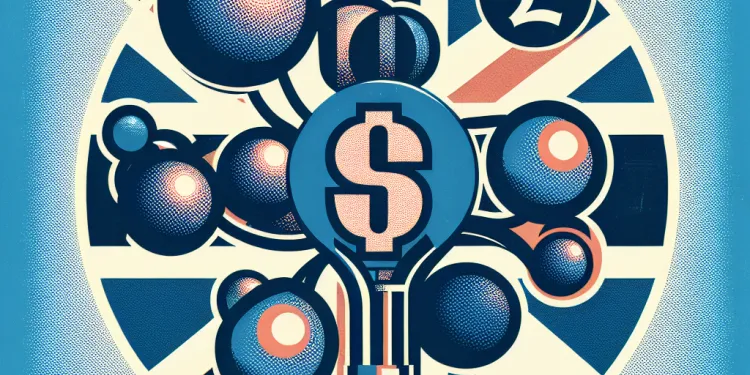
What types of treatments are available for testicular cancer?
Relevance: 76%
-

What is testicular cancer?
Relevance: 75%
-
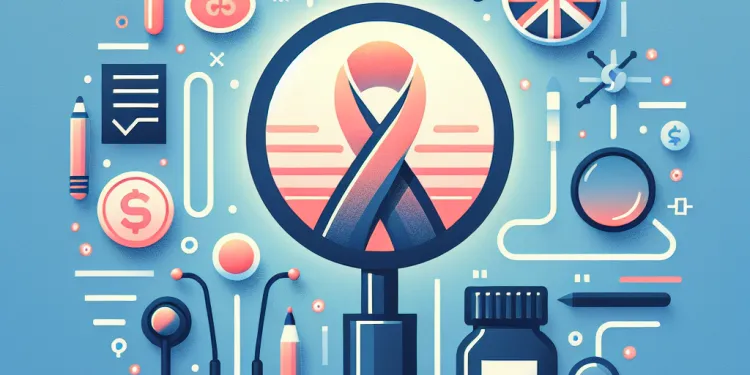
Is testicular cancer treatable?
Relevance: 72%
-

What is testicular cancer?
Relevance: 72%
-

Who is at risk for testicular cancer?
Relevance: 70%
-

What is testicular cancer?
Relevance: 69%
-

How common is testicular cancer?
Relevance: 67%
-
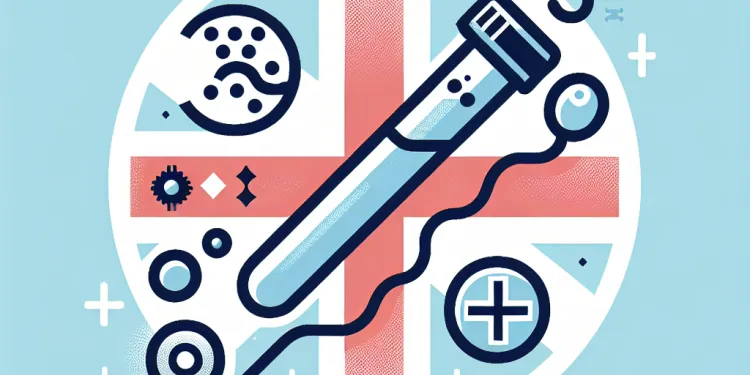
Is fertility affected by testicular cancer?
Relevance: 66%
-

What is the survival rate for testicular cancer?
Relevance: 65%
-

What are the stages of testicular cancer?
Relevance: 65%
-
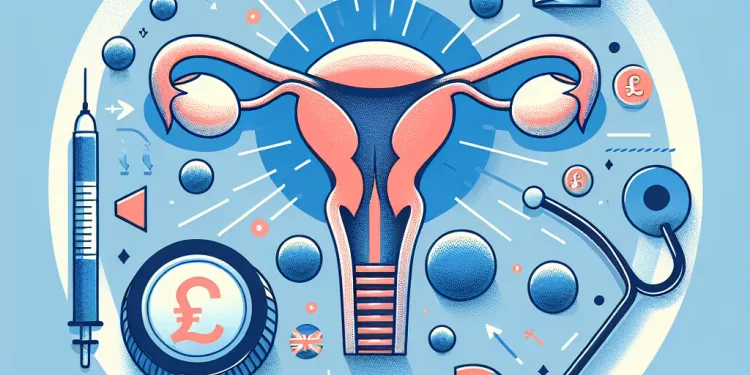
What are the symptoms of testicular cancer?
Relevance: 65%
-
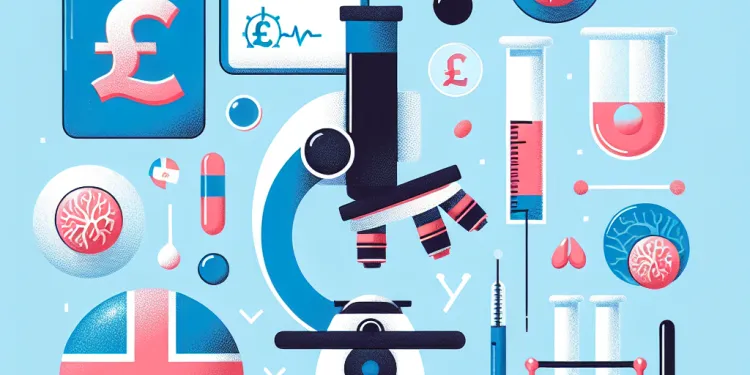
What causes testicular cancer?
Relevance: 65%
-
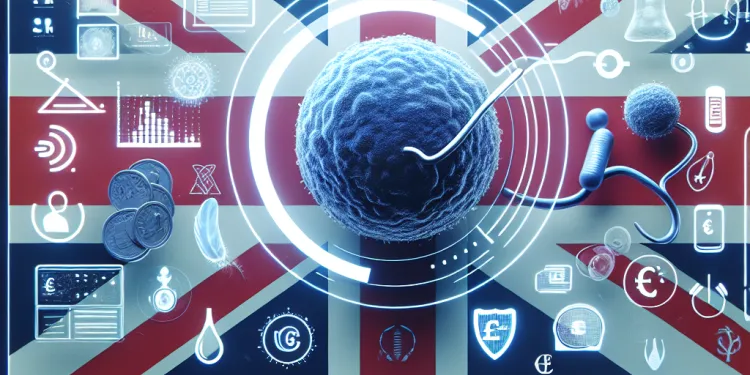
How is testicular cancer diagnosed?
Relevance: 64%
-

Can testicular cancer spread to other parts of the body?
Relevance: 64%
-

Can prostate cancer recur after treatment?
Relevance: 62%
-

Are there support groups for those affected by testicular cancer?
Relevance: 61%
-
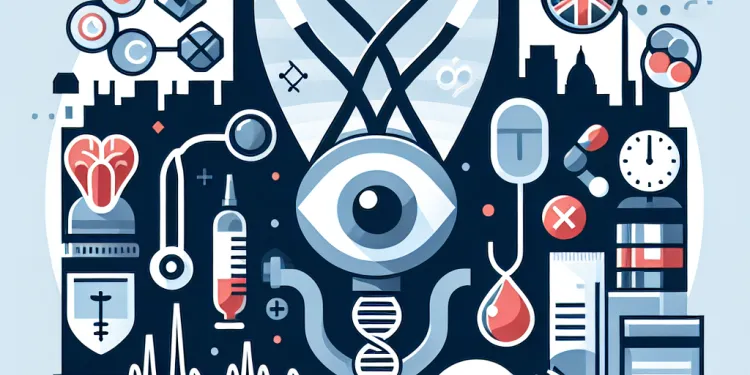
What role do tumor markers play in testicular cancer?
Relevance: 60%
-

Can lifestyle changes help prevent testicular cancer?
Relevance: 58%
-
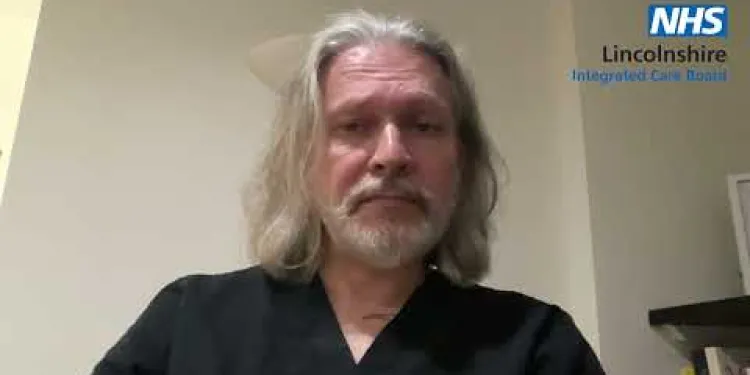
Getting to know your Testicles: Testicular Cancer Awareness with Dr James Howarth, Spilsby Surgery
Relevance: 57%
-
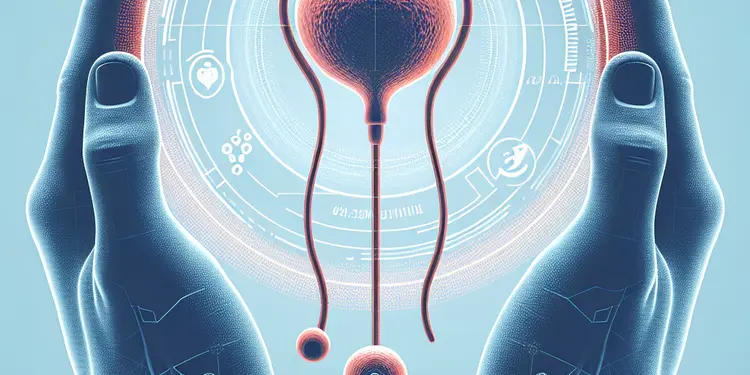
Can BPH recur after treatment?
Relevance: 53%
-
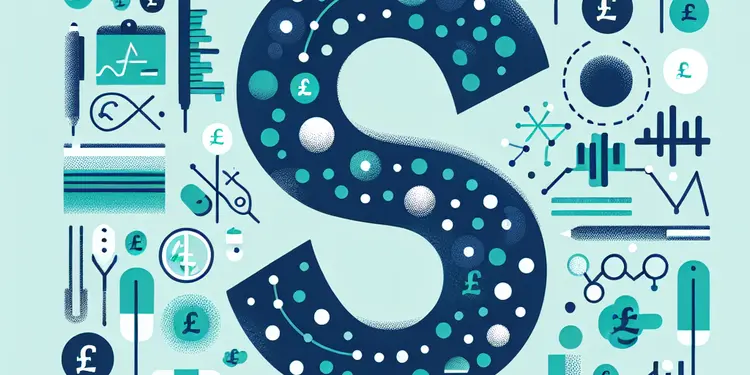
Can hypotony recur after treatment?
Relevance: 49%
-

How can I perform a testicular self-exam?
Relevance: 45%
-

Can postnatal depression recur after treatment?
Relevance: 45%
-

Can Carpal Tunnel Syndrome recur after treatment?
Relevance: 44%
-

When should I see a doctor about potential testicular cancer?
Relevance: 40%
-
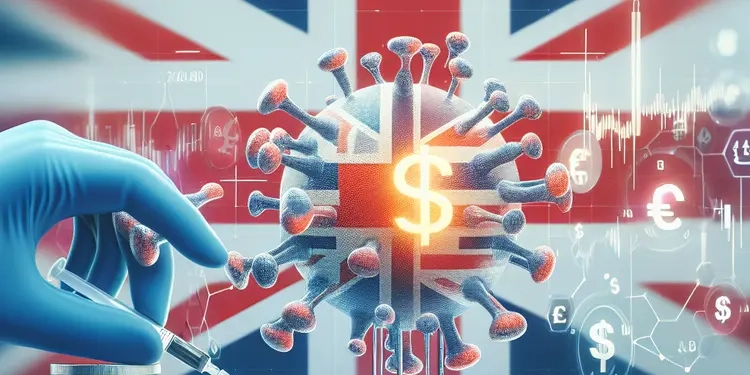
What is Paillon treatment for cancer?
Relevance: 39%
-

Breakthrough in Cancer Treatment Offers Hope for Prostate Cancer Patients
Relevance: 37%
-
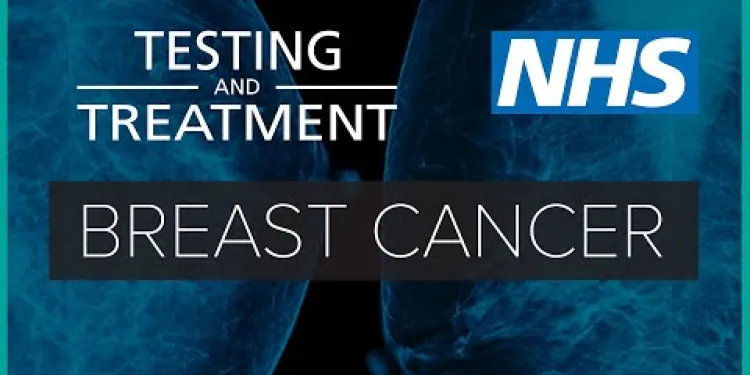
Breast cancer: testing and treatment | NHS
Relevance: 37%
-
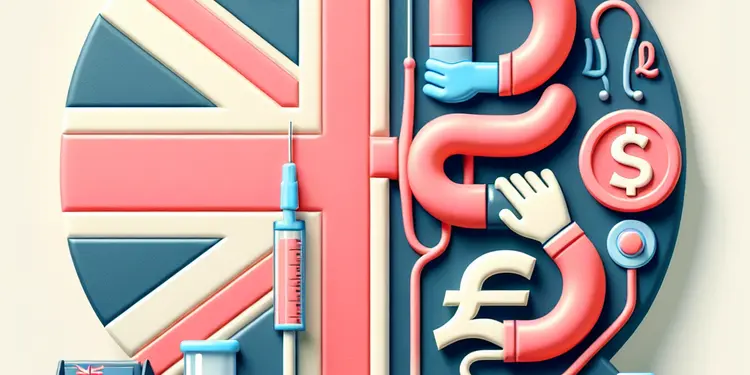
Can flesh-eating disease recur after treatment?
Relevance: 37%
-
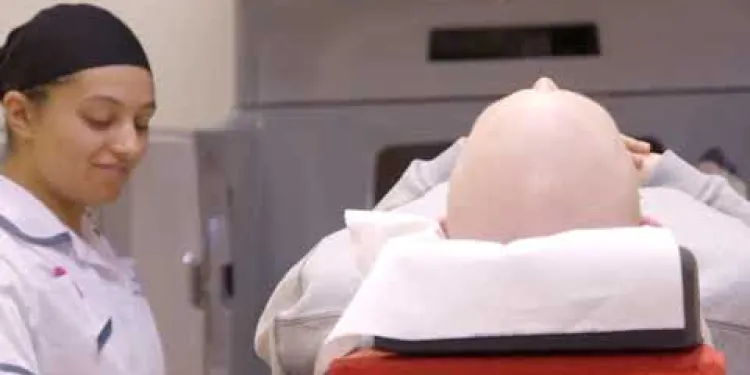
What is Radiotherapy, and its use in treatment for cancers?
Relevance: 36%
-
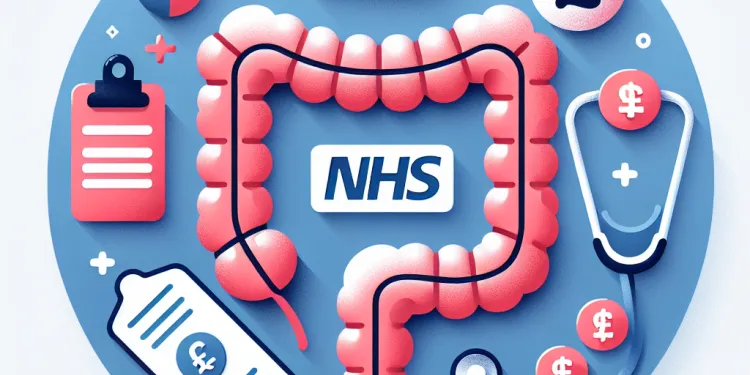
What treatment options are available for bowel cancer?
Relevance: 36%
-

What is the role of immunotherapy in prostate cancer treatment?
Relevance: 36%
-

Can children with cancer receive Paillon treatment?
Relevance: 36%
-
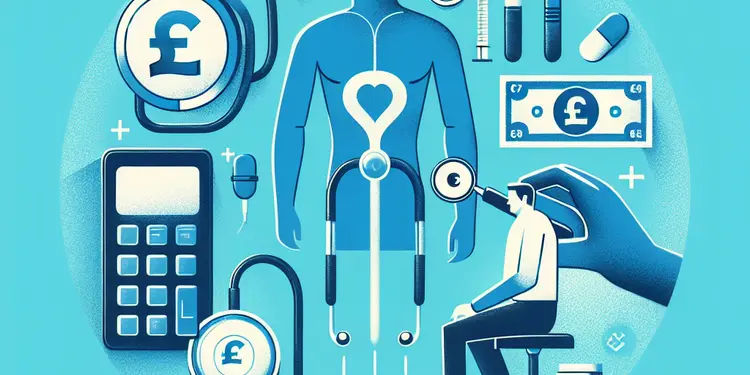
Are there clinical trials available for prostate cancer treatment?
Relevance: 35%
-

What is active surveillance in prostate cancer treatment?
Relevance: 35%
-

What factors determine the treatment plan for prostate cancer?
Relevance: 35%
-

How does Abiraterone work in cancer treatment?
Relevance: 35%
-
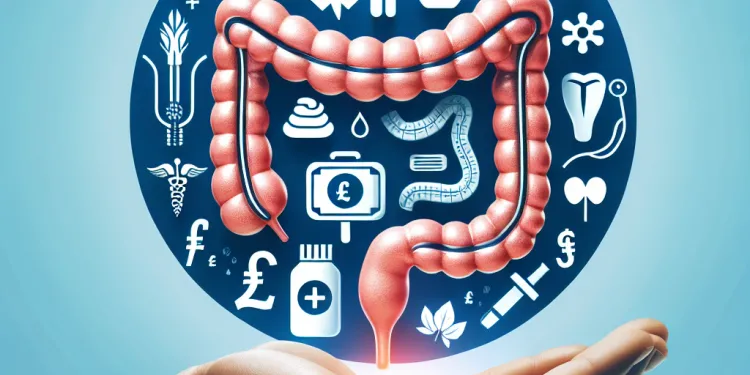
What are the side effects of bowel cancer treatment?
Relevance: 35%
-

Can lifestyle changes complement prostate cancer treatment?
Relevance: 35%
Introduction
Testicular cancer is relatively rare but one of the most treatable types of cancer, particularly when identified early. It primarily affects young and middle-aged men and responds well to treatments such as surgery, radiation therapy, and chemotherapy. However, like many forms of cancer, there is a possibility that testicular cancer can recur after treatment. Understanding the likelihood of recurrence, the signs to watch for, and the measures to prevent it are important for anyone who has undergone treatment for this disease.
Likelihood of Recurrence
The risk of testicular cancer recurrence depends on several factors, including the type of cancer, the stage at which it was initially diagnosed, and the treatment received. Seminomas and non-seminomas are the two main categories of testicular cancer, with seminomas typically having a better prognosis. Recurrence rates vary, but generally, recurrence is less common with early-stage cancers. For men treated for Stage I cancer, the recurrence rate can be less than 5%. However, for those diagnosed at a more advanced stage, the risk can be higher. It's important for patients to discuss their specific case with their healthcare provider to understand their individual risk.
Signs of Recurrence
The signs of recurrent testicular cancer can be similar to the original symptoms and may include a lump or swelling in the remaining testicle, changes in testicle size, or a dull ache in the abdomen or groin. Other symptoms may include back pain, chest pain, or respiratory issues if the cancer has spread to other parts of the body. Regular physical examinations and follow-up tests such as blood markers and imaging scans are crucial in detecting any potential recurrence at an early stage.
Prevention and Monitoring
After successful treatment for testicular cancer, patients are usually placed under a follow-up surveillance program. Regular follow-up appointments are critical and might occur every few months in the first few years, gradually becoming less frequent over time. During these check-ups, doctors will conduct physical exams, blood tests, and imaging studies to monitor for any signs of recurrence. Maintaining a healthy lifestyle by avoiding tobacco, limiting alcohol, eating a balanced diet, and exercising regularly can also play a role in reducing the risk of recurrence and improving overall health.
Conclusion
While the prognosis for testicular cancer is generally very good, understanding and being vigilant about the possibility of recurrence after treatment is key. Regular follow-ups and being aware of any changes in health can lead to early detection and treatment if the cancer returns. Patients who have treated testicular cancer should maintain an open line of communication with their healthcare providers and adhere strictly to their follow-up care regimen. This proactive approach helps in catching any recurrence early and managing it effectively.
Introduction
Testicular cancer is a type of cancer that is not very common, but it can be treated easily, especially if found early. It mostly happens in young and middle-aged men. The cancer can be treated with surgery, radiation, and medicines. Sometimes, the cancer can come back after treatment. It is important to know the chances of it coming back, what signs to look for, and how to prevent it from happening again.
Likelihood of Recurrence
The chance that testicular cancer will come back depends on different things. These include the type of cancer, how early it was found, and the treatment that was used. There are two main types of testicular cancer: seminomas and non-seminomas. Seminomas usually have a better outcome. Cancer is less likely to come back if it was in the early stage. For men who had Stage I cancer, the chance of it coming back is less than 5%. If it was found at a later stage, the risk is higher. Patients should talk to their doctor about their own risk.
Signs of Recurrence
If the testicular cancer comes back, it might show similar signs as before. These can include a lump or swelling in the testicle, changes in size of the testicle, or a dull pain in the belly or groin area. Other signs can be back pain, chest pain, or breathing problems if the cancer has spread. Going to the doctor regularly and having tests done can help find the cancer early if it comes back.
Prevention and Monitoring
After treatment for testicular cancer, patients usually have regular check-ups. These check-ups happen every few months at first, then less often over time. During these visits, doctors will do physical exams and tests to check for signs of the cancer coming back. Living a healthy life by not smoking, drinking less alcohol, eating good foods, and exercising can help lower the risk of cancer coming back and keep you healthy.
Conclusion
Even though testicular cancer can be treated well, it is important to watch out for it coming back after treatment. Going to regular check-ups and noticing any changes in your health can help catch the cancer early if it returns. Patients should keep talking with their doctors and follow their care plan closely. This helps in finding and treating the cancer early if it comes back.
Frequently Asked Questions
Can testicular cancer recur after treatment?
Yes, testicular cancer can recur after treatment, but the risk of recurrence depends on various factors, including the type and stage of cancer.
What are the chances of testicular cancer recurrence?
The chances of recurrence vary, but early-stage testicular cancer generally has a lower risk of recurrence compared to advanced stages.
How soon can testicular cancer recur after treatment?
Most recurrences happen within the first two years after treatment, but it can recur later in some cases.
What factors influence the recurrence of testicular cancer?
Factors include the type and stage of cancer, initial treatment approach, and individual patient characteristics.
What are the signs of recurrence in testicular cancer?
Signs may include a new lump in the testicle, back pain, abdominal pain, or changes in blood markers.
How is recurrent testicular cancer detected?
Recurrent cancer is often detected through regular follow-up appointments, which may include physical exams, blood tests, and imaging studies.
What are the treatment options for recurrent testicular cancer?
Treatment options may include surgery, radiation therapy, chemotherapy, or a combination, depending on the specifics of the recurrence.
Can lifestyle changes reduce the risk of testicular cancer recurrence?
While there's no guaranteed way to prevent recurrence, maintaining a healthy lifestyle may be beneficial for overall health.
How often should follow-up appointments be scheduled to monitor for recurrence?
Follow-up schedules vary, but initially, appointments may be every few months. Discuss with your healthcare provider for a tailored plan.
Is recurrent testicular cancer more difficult to treat?
Recurrent testicular cancer can be more challenging, but it can often still be treated successfully, especially with early detection.
Does the risk of recurrence decrease over time?
Yes, the risk of recurrence decreases over time, particularly after the first two to five years post-treatment.
Are there different recurrence rates for seminoma and non-seminoma testicular cancers?
Yes, recurrence rates and risks may differ between seminoma and non-seminoma types due to biological differences.
Can surveillance alone be sufficient after initial treatment for testicular cancer?
For some early-stage testicular cancers, active surveillance is a common approach that can be effective in detecting recurrences early.
What role do tumor markers play in detecting recurrence?
Tumor markers are substances that can be measured in the blood and can help detect recurrence in some types of testicular cancer.
Can genetic factors affect the likelihood of recurrence?
Genetic predispositions may play a role in the development and recurrence of cancer, but more research is needed.
Should patients with recurrent cancer consider participating in clinical trials?
Clinical trials can provide access to new treatments; discuss with your doctor to determine if this is a viable option.
Can stress and anxiety impact the recurrence of testicular cancer?
While stress and anxiety don't directly cause recurrence, managing them is important for overall well-being and can aid in recovery.
Are there any preventive therapies available for testicular cancer recurrence?
Preventive therapies might include those that were part of the initial treatment plan, but are specific to individual cases.
Can testicular cancer recurrence affect fertility?
Yes, treatments for recurrent testicular cancer, like chemotherapy, can impact fertility. Discuss fertility preservation options with your doctor.
How can patients emotionally cope with the fear of recurrence?
Support groups, counseling, and maintaining open communication with healthcare providers can help manage emotional stress related to recurrence fears.
Can testicular cancer come back after treatment?
Testicular cancer is a type of cancer that happens in the testicles. After doctors treat it, sometimes it can come back. It's important to see your doctor regularly for check-ups after treatment. These check-ups help to catch any signs of cancer early if it returns.
If you have trouble understanding or need extra help, you can:
- Ask someone to explain it to you.
- Use apps that read text out loud or help you understand better.
Yes, testicular cancer can come back after treatment. The chance of it coming back depends on things like the type of cancer and how much it had spread.
Will testicular cancer come back?
The chance of cancer coming back is different for everyone. If you have early-stage testicular cancer, it is less likely to come back than if you have more advanced cancer.
When can testicular cancer come back after treatment?
Most of the time, if the problem comes back, it happens in the first two years after treatment. But sometimes, it can come back later.
What makes testicular cancer come back?
Testicular cancer can come back after it goes away. Here are some things that might make it happen:
- The type of cancer: Some types are more likely to return.
- Stage of cancer: If the cancer was very advanced, it might come back.
- Treatment: If the treatment didn’t get rid of all the cancer cells, it could return.
- Follow-up care: It is important to see the doctor regularly to catch cancer early if it comes back.
To help understand more:
- You can ask the doctor questions.
- Use drawings or pictures to see how cancer grows.
- Ask for easy-to-read information.
There are a few things that can make a difference:
- What kind of cancer it is
- How serious the cancer is
- What was the first treatment
- Things about the person, like their age and health
It can help to talk to a doctor or nurse. They can explain things in a way that makes sense. Using pictures and videos can also make it easier to understand. You can ask questions whenever you need to.
What are the signs that testicular cancer has come back?
Here are some signs to watch for:
- A lump or swelling in the testicle.
- Pain in the testicle or lower belly.
- Feeling very tired.
- Coughing or having trouble breathing.
- Feeling sick or losing weight without trying.
If you notice any of these signs, talk to a doctor.
Tools to help:
- Ask a Friend: Talk to someone you trust about your symptoms.
- Write it Down: Keep a diary of how you feel each day.
- Use Pictures: Look for pictures or videos that explain testicular cancer.
Look out for a new bump in the testicle, pain in your back or tummy, or changes in blood tests.
How do doctors find out if testicular cancer has come back?
Doctors use different ways to check if cancer has returned. Here are some:
- Talk to you about any changes or symptoms you have noticed. It is important to tell them how you feel.
- Do a physical exam to check your body.
- Use special machines like an ultrasound or CT scan to look inside the body. These pictures help doctors see if there is cancer.
- Check your blood with tests to look for signs of cancer.
It’s important to go to all your doctor appointments. They can help find cancer early if it comes back. If you find any changes, talk to your doctor right away.
Doctors check for cancer that comes back by having regular check-ups. This means going to the doctor to see how you are doing. They will look at your body, take blood, and sometimes take special pictures inside your body.
What treatments can help if testicular cancer comes back?
Here are some ways to help if testicular cancer returns:
- Surgery: Doctors can do an operation to remove the cancer.
- Radiation Therapy: Special machines can use rays to kill cancer cells.
- Chemotherapy: Medicine can be used to fight cancer in the body.
- Support Group: Talking to others who have cancer can help.
If you find it hard to understand, you can:
- Ask your doctor to explain more simply.
- Use pictures or charts to see how treatments work.
- Have a family member or friend come with you to appointments.
If the illness comes back, the doctor might suggest different treatments. These can be:
- Surgery: This means a doctor will do an operation to help you get better.
- Radiation therapy: This uses strong beams, like X-rays, to help make the illness go away.
- Chemotherapy: This means using special medicine to fight the illness.
- Sometimes, the doctor might use a mix of these treatments to help you.
If you need help, ask someone you trust to explain more. You can also use drawing or simple diagrams to understand better.
Can changing how you live help stop testicular cancer from coming back?
We can't be 100% sure to stop something from coming back. But, staying healthy can help make you feel good and stay strong.
How often should I see the doctor to check if the illness comes back?
You might need to see the doctor every few months at first. Talk to your doctor to make a plan that is just right for you.
Is it harder to treat testicular cancer if it comes back?
When testicular cancer comes back, it can be harder to deal with. But if doctors find it early, they can often still treat it well.
Does the chance of it coming back get smaller over time?
Yes, the chance of it coming back gets smaller over time. This is especially true after the first two to five years after treatment.
Do seminoma and non-seminoma testicular cancers come back at different rates?
Yes, the chances of cancer coming back are different for seminoma and non-seminoma types because they are not the same.
Is watching enough after first treatment for testicular cancer?
Sometimes, doctors use a plan called active surveillance for testicular cancer. This means they watch you closely to see if the cancer comes back. This plan works well for catching the cancer early if it returns.
If it is hard to understand, it can help to:
- Read the text slowly.
- Ask someone to explain it to you.
- Use an app that reads text out loud.
How do tumor markers help find cancer that comes back?
Tumor markers are special substances that doctors can find in the blood. They can help find out if some types of testicular cancer have come back.
Can genes make it more likely for something to happen again?
Your genes from your parents might make it more likely for you to get cancer. Scientists need to study more to be sure.
Should people with cancer that comes back join clinical trials?
If cancer comes back after treatment, it is called 'recurrent cancer'.
Joining a clinical trial can help scientists learn about new ways to treat cancer.
A clinical trial is a research study where people get new treatments.
Here are some tips to help make a choice:
- Talk to your doctor or nurse. They can explain what a clinical trial is and what it can do for you.
- Ask questions. It is okay to ask many questions until you understand.
- Think about how it might help you or help others in the future.
Some tools that can help:
- Use simple words. Ask someone to help you if you do not understand.
- Read with someone you trust. Discuss what you read together.
- Draw pictures or use visual aids to help understand ideas better.
Clinical trials give people the chance to try new medicines. Talk to your doctor to see if this is a good choice for you.
Can stress and worry make testicular cancer come back?
Stress and feeling worried don't make the problem come back. But taking care of stress and worries can help you feel better and get healthy again.
Can anything stop testicular cancer from coming back?
Cancer is when bad cells grow in the body. Testicular cancer is a type that starts in the testicles.
Sometimes cancer can come back after treatment. Doctors try many ways to stop this.
If you had testicular cancer, talk to your doctor. They can tell you if there are ways to help stop it from coming back.
Here are some things that might help:
- Regular check-ups with your doctor.
- Talking about your worries and how you feel.
- Taking medicines if the doctor says so.
If reading is hard, you can try:
- Talking to someone who can explain things.
- Using apps or tools that read words out loud.
- Asking your doctor or nurse to use easy words.
Preventing illness might use treatments that people got at the start. But, each person might need different treatments.
Can cancer in the testicles come back and make it hard to have babies?
Yes, treatments for testicular cancer that comes back, like medicine called chemotherapy, can affect having children in the future. Talk to your doctor about ways to save sperm before treatment.
How can patients feel better about their fear of cancer coming back?
It's normal to feel scared that cancer might come back. Here are some simple things that can help:
- Talk to someone you trust, like a friend or a family member.
- Write down your feelings in a diary.
- Breathe deeply and slowly when you feel worried.
- Do something fun that makes you happy.
- Ask your doctor questions so you understand more and feel less afraid.
- Join a support group where you can talk to other people who feel the same way.
Remember, it's okay to ask for help and talk about how you feel.
Talking with people who understand, like in support groups, can help when feeling worried. Talking to a counselor is also good. It’s important to talk openly with your doctor, too. These things can help manage feelings of stress and fear.
Useful Links
This website offers general information and is not a substitute for professional advice.
Always seek guidance from qualified professionals.
If you have any medical concerns or need urgent help, contact a healthcare professional or emergency services immediately.
Some of this content was generated with AI assistance. We’ve done our best to keep it accurate, helpful, and human-friendly.
- Ergsy carfully checks the information in the videos we provide here.
- Videos shown by Youtube after a video has completed, have NOT been reviewed by ERGSY.
- To view, click the arrow in centre of video.
- Most of the videos you find here will have subtitles and/or closed captions available.
- You may need to turn these on, and choose your preferred language.
- Go to the video you'd like to watch.
- If closed captions (CC) are available, settings will be visible on the bottom right of the video player.
- To turn on Captions, click settings .
- To turn off Captions, click settings again.
More Items From Ergsy search
-

Can testicular cancer recur after treatment?
Relevance: 100%
-

What types of treatments are available for testicular cancer?
Relevance: 76%
-

What is testicular cancer?
Relevance: 75%
-

Is testicular cancer treatable?
Relevance: 72%
-

What is testicular cancer?
Relevance: 72%
-

Who is at risk for testicular cancer?
Relevance: 70%
-

What is testicular cancer?
Relevance: 69%
-

How common is testicular cancer?
Relevance: 67%
-

Is fertility affected by testicular cancer?
Relevance: 66%
-

What is the survival rate for testicular cancer?
Relevance: 65%
-

What are the stages of testicular cancer?
Relevance: 65%
-

What are the symptoms of testicular cancer?
Relevance: 65%
-

What causes testicular cancer?
Relevance: 65%
-

How is testicular cancer diagnosed?
Relevance: 64%
-

Can testicular cancer spread to other parts of the body?
Relevance: 64%
-

Can prostate cancer recur after treatment?
Relevance: 62%
-

Are there support groups for those affected by testicular cancer?
Relevance: 61%
-

What role do tumor markers play in testicular cancer?
Relevance: 60%
-

Can lifestyle changes help prevent testicular cancer?
Relevance: 58%
-

Getting to know your Testicles: Testicular Cancer Awareness with Dr James Howarth, Spilsby Surgery
Relevance: 57%
-

Can BPH recur after treatment?
Relevance: 53%
-

Can hypotony recur after treatment?
Relevance: 49%
-

How can I perform a testicular self-exam?
Relevance: 45%
-

Can postnatal depression recur after treatment?
Relevance: 45%
-

Can Carpal Tunnel Syndrome recur after treatment?
Relevance: 44%
-

When should I see a doctor about potential testicular cancer?
Relevance: 40%
-

What is Paillon treatment for cancer?
Relevance: 39%
-

Breakthrough in Cancer Treatment Offers Hope for Prostate Cancer Patients
Relevance: 37%
-

Breast cancer: testing and treatment | NHS
Relevance: 37%
-

Can flesh-eating disease recur after treatment?
Relevance: 37%
-

What is Radiotherapy, and its use in treatment for cancers?
Relevance: 36%
-

What treatment options are available for bowel cancer?
Relevance: 36%
-

What is the role of immunotherapy in prostate cancer treatment?
Relevance: 36%
-

Can children with cancer receive Paillon treatment?
Relevance: 36%
-

Are there clinical trials available for prostate cancer treatment?
Relevance: 35%
-

What is active surveillance in prostate cancer treatment?
Relevance: 35%
-

What factors determine the treatment plan for prostate cancer?
Relevance: 35%
-

How does Abiraterone work in cancer treatment?
Relevance: 35%
-

What are the side effects of bowel cancer treatment?
Relevance: 35%
-

Can lifestyle changes complement prostate cancer treatment?
Relevance: 35%


